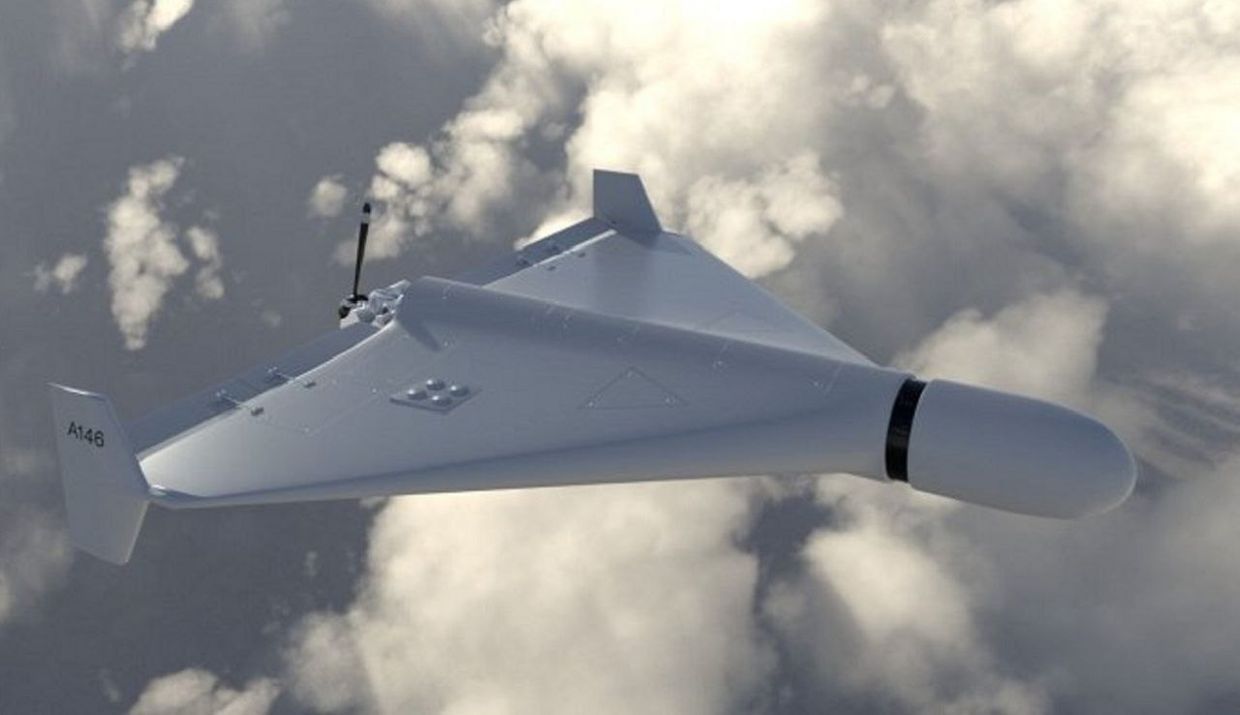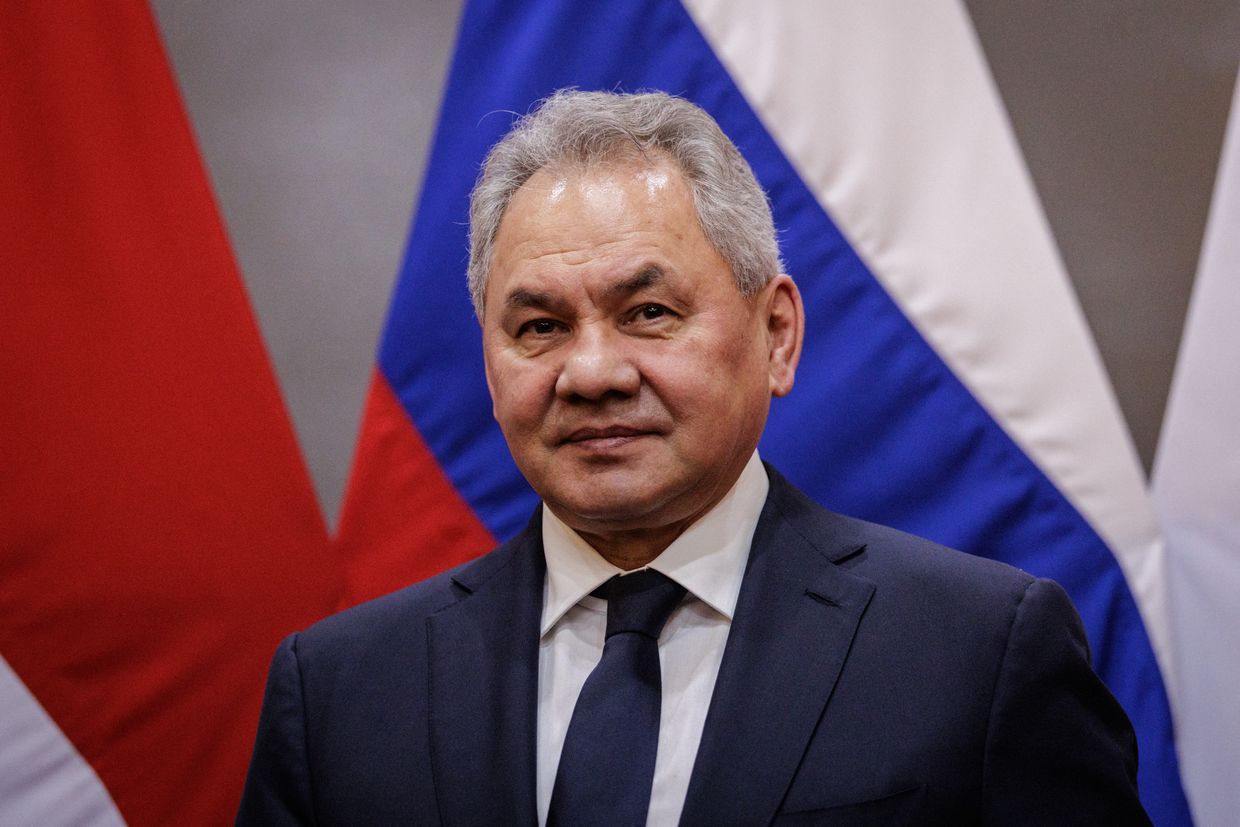Interpol in Botswana began investigating Alabuga Start, billed in Africa as a work-study program in Russia for "ambitious young women" but linked to the production of military drones, for possible involvement with human trafficking, Bloomberg reported on April 25.
Since launching in 2022, Alabuga Start has recruited around 350 women from over 40 countries to work in Alabuga Special Economic Zone in Russia's Republic of Tatarstan and aims to bring 8,500 more this year, according to the article.
The head of Interpol's bureau in Gaborone, Detective Senior Superintendent Selebatso Mokgosi, said the investigation began after the company’s social media posts were brought to the organization’s attention.
Alabuga Special Economic Zone is an industrial complex dedicated to mechanical engineering and the production of Shahed kamikaze drones, as well as their Russian Geran copies, which Russia routinely uses in its attacks on Ukraine's civilian infrastructure.
Facing a labor shortage, Russia is trying to stuff its factories with outreach efforts in some of Africa’s poorest nations, denying that the workers are going to work in military production.
Alabuga Start is looking for women between the ages of 18 and 22 in countries like the Democratic Republic of Congo, South Sudan, Lesotho, but also in Botswana, one of Africa’s richest countries per capita that struggles with unemployment, Bloomberg writes.
The 2024 report by the non-profit Institute for Science and International Security estimated that "more than 90% of the Start program personnel" were assigned to drone assembly, aiming to produce 6,000 drones every year.
Last October, the Associated Press reported that African women were being forced to build drones in Alabuga under gruelling and hazardous conditions, and were paid much less than promised.
The in-depth investigations into Alabuga by Protokol, a Russian independent media outlet, showed that it has a track record of surveiling workers involved in drone manufacturing and keeping details about production in secret.
Last year, Ukraine confirmed attacking military facilities in Tatarstan at least twice with long-distance drone strikes. Most recently, Ukrainian drones reportedly struck the plant on April 23.
Before Alabuga Start ramped up recruitment abroad, the drones were assembled by students at the nearby vocational school, Alabuga Polytechnic. The students faced expulsion and the threat of fines ranging from 1.5 million to 2 million rubles ($18,000-$24,000) if they were found to have shared any information about their work, according to Bloomberg.














